Bulgarian society knows very little about the Bulgarian emigrants to Argentina. The curious story of the path of our compatriots to the South American country and the threads by which they are connected to their ethnic roots thousands of kilometers from Bulgaria turns out to be part of the family story of journalist Polya Stancheva. It all started like in a movie:
"One day I found 12 years of my grandfather's life in an old suitcase. I dug through the photos and diaries and found out that he had been to Argentina. And the story of our emigrants to this distant country is extremely interesting," says Polya Stancheva, who is the director of the film "And They Reached the End of the World", with a premiere on March 19 in Sofia.
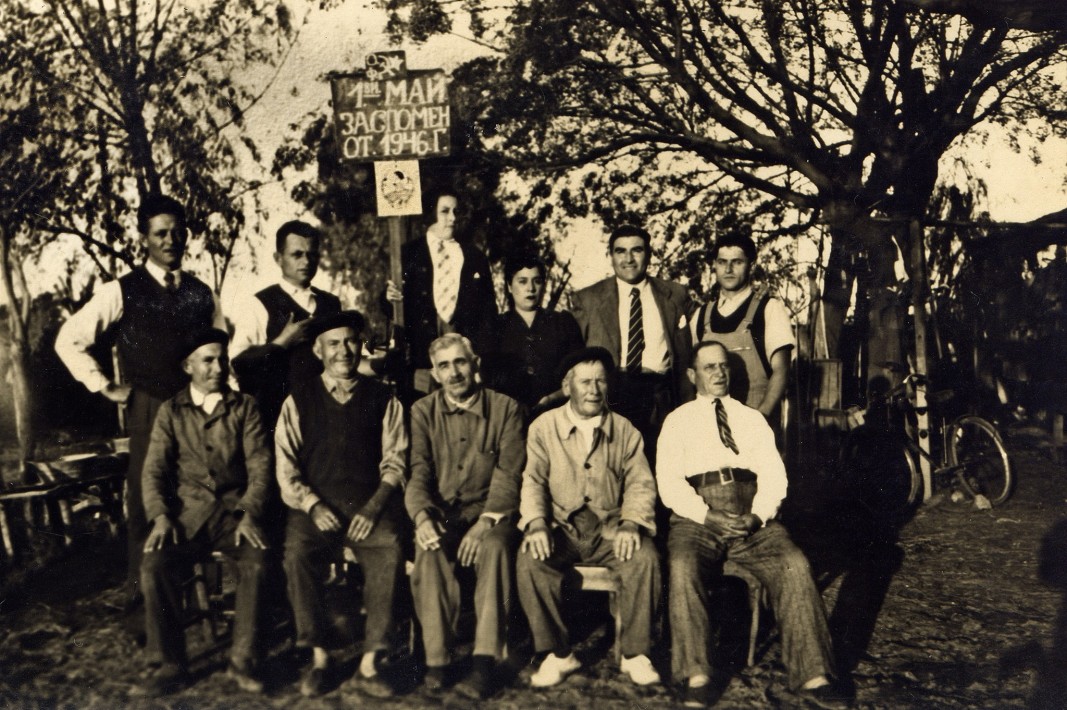
"Bulgarians went to Argentina at the beginning of the last century, when emigrants from Europe were settling in the country’s non-populated territories and created several large communities - in the Chaco region, in Comodoro Rivadavia and in Berisso. These are the places where they settled and worked. To this day, these communities exist and people have Bulgarian identity, although they no longer speak Bulgarian."
Polya Stancheva describes the opportunity to film in the buildings that once housed the beef factories as an incredible chance. Although abandoned today, they are attractive to the camera with their graffiti, as next to them there are 14 houses that housed immigrants arriving from Europe – mainly Italians and Spaniards, but also many Bulgarians. "The man who told us the story remembers that as a child he greeted people in the morning in ten languages. These were indeed huge emigrant communities and gradually each of them began to create associations that preserved the identity of the individual nations. Such an association is the Bulgarian one in Berisso," Polya Stancheva tells Radio Bulgaria:
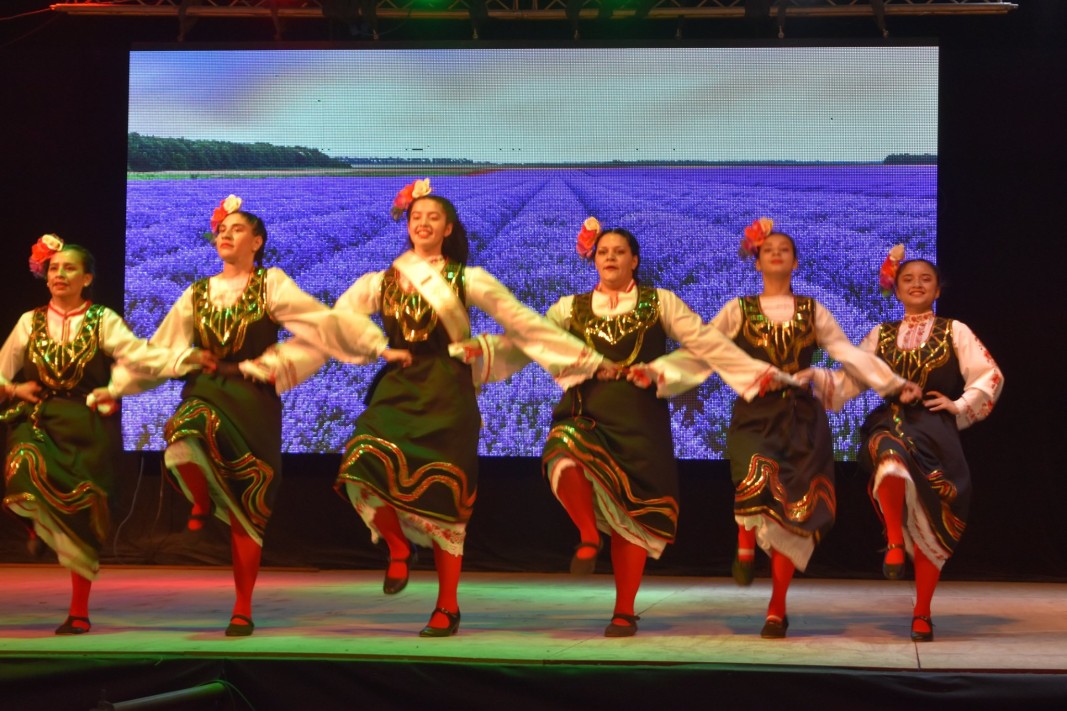
"It is interesting that they sing in Bulgarian and dance beautifully, but they do not speak our language. We also found out why they do not speak it. Some of the emigrants left for political reasons, as they were probably participants in the September Uprising and they had death sentences here, and under one of the laws in Argentina, politically disloyal people could be extradited. That is why they preferred to keep their origins secret and did not teach their children Bulgarian.

Some of the first Bulgarian associations in the distant country were closed in the 1940s for political reasons. New ones opened in the mid-1950s, but there is almost no documentation.” Mrs. Stancheva did not find any information about her relative, but managed to meet many interesting people, some of whom live in the Chaco province:
"The unique thing about this community is that its creators were the people who cut down the jungle. At the beginning of the 20th century, the jungle as a territory did not fall within the borders of Argentina. The Bulgarians were the ones who worked to cut it down, because everyone who arrived received a large piece of land from the Argentine government to settle on. But they had to clear the terrain with their own hands and it was not easy. The quebracho tree, which is heavy as lead and strong as steel, grows there. Imagine the strength they needed to cut them down. These people annexed the Chaco territory to Argentina. We are trying to tell all this in the film."
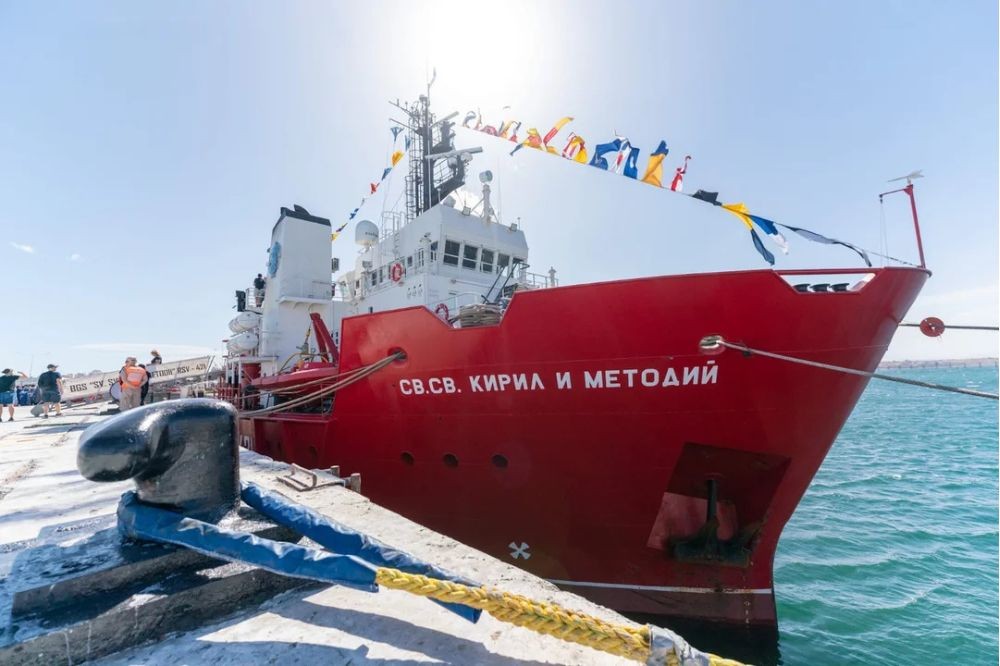
In the cinematic story, we will also see a meeting with a real Bulgarian gaucho in Argentina, as well as the way in which the Bulgarians in Comodoro Rivadavia welcome the research ship "Sts. Cyril and Methodius", used by the Bulgarian scientists to reach Antarctica. "For the community, this was a real celebration. They organised an incredible concert," Polya Stancheva recalls and continues with another story:
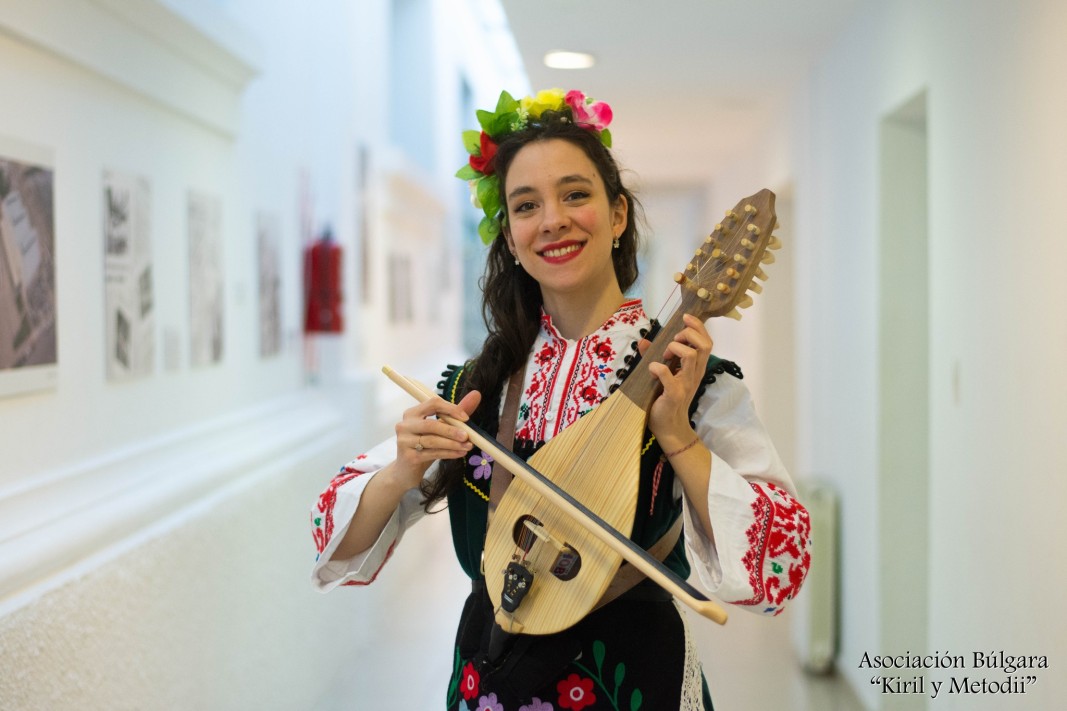
"I'm telling a story about a trio called Orpheus - two girls and a boy who play the bagpipe and the gadulka and sing incredibly in Bulgarian. The boy has no Bulgarian roots, but he is so passionate about Bulgarian music that he sings ‘Izlel e Delyo haidutin” with such a passion that it touches you deeply. I think that many girls and boys have a great desire to return. Many of them have even applied for Bulgarian citizenship. They want to learn Bulgarian, but there is no one to teach them, as there are no teachers of our language there. My colleague from Radio Bulgaria, Ruzhka Nikolova, who followed her heart and left for Argentina in the 1980s, went every week from Buenos Aires to Chaco for 12 years, in order to teach Bulgarian. Today, there is no one to do it anymore."
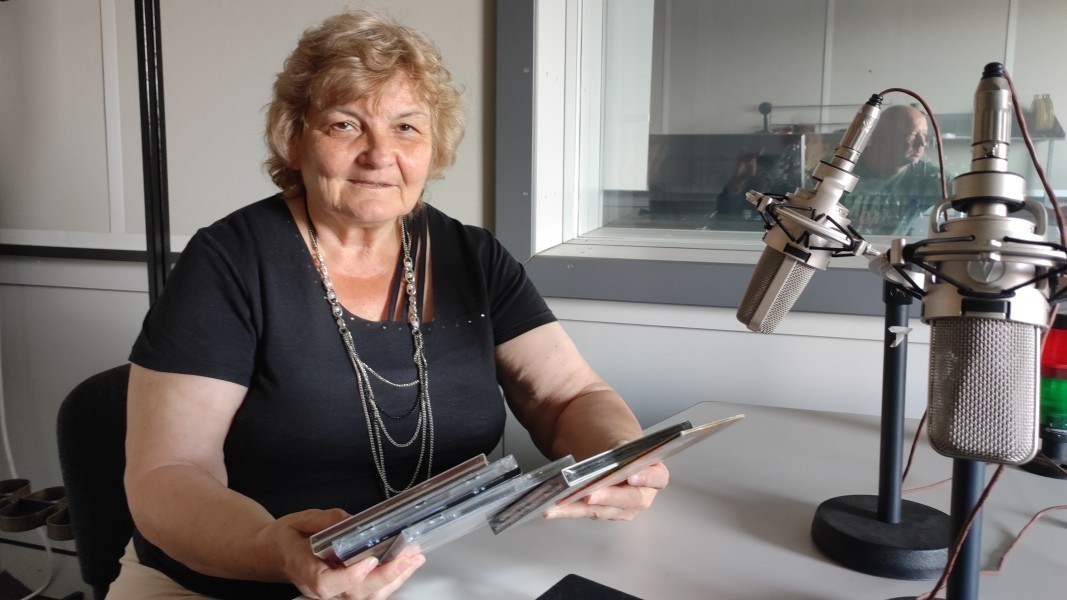
Publication in English:Al.Markov
Photos: Kircho Stoichkov, comodoro.gov.ar, BNR, Facebook /In the past of the Chiprovtsi region, Facebook - Bulgarian Cultural Association "Ivan Vazov" - Berisso, Facebook /Bulgarian association Cyril and Methodius, Comodoro Rivadavia, Krasimir Martinov
In his latest exhibition, Nikolay Buzov follows the principles of calligraphic art, offering a polyphony of abstract symbols and signs. His canvases emanate the sense of ease and freedom with which he creates his geometric structures. “The title..
On November 11 at 6:30 p.m., the Consulate General of Bulgaria in New York will host a special screening of a short film (18 min.) dedicated to the 120th anniversary of the prominent Bulgarian intellectual, composer and pianist Dimitar Nenov . During..
On November 6 at 4 p.m., an exhibition will open at the Archaeological Exhibition of the Regional History Museum in Burgas on the occasion of the 50th anniversary of the rescue archaeological research by specialists from the Burgas Museum of a rich grave..

+359 2 9336 661
